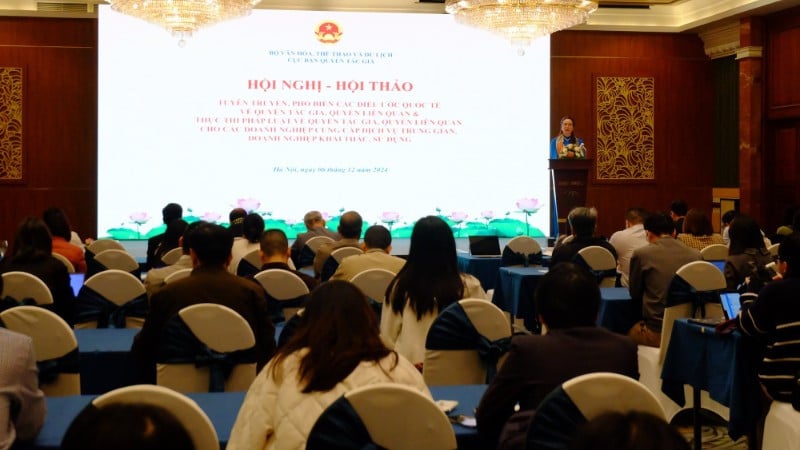
Risks come from the digital environment itself
In recent years, the domestic music market has marked a significant shift from the traditional production-distribution model to a digital ecosystem. Online platforms have provided opportunities for tens of thousands of artists, from big names to young independent artists.
According to statistics from the Vietnam Center for Music Copyright Protection (VCPMC), in 2024, music copyright revenue reached over 393 billion VND, a sharp increase compared to the previous period. Notably, up to 78% of revenue comes from digital platforms, clearly showing the trend of enjoying music online is dominating the market.
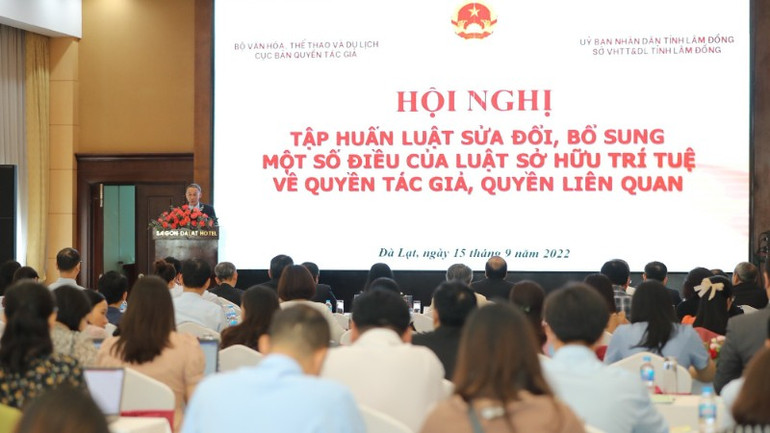
There have been long periods when Vietnamese artists relied on CD releases, stage or radio broadcasts. Now, the opportunity to reach domestic and foreign audiences has been completely opened when just one song is attractive enough to spread on social networks, live platforms... Many independent artists have created their own brands thanks to digital platforms. It can be said that Vietnamese music is entering a period of "self-reliance", individual creativity has the environment to express itself to the maximum and spread at an unprecedented speed.
However, this explosion has also brought with it many problems: recordings are used illegally, videos are uploaded without control, music is played in large spaces without paying royalties, which is common... On the other hand, the digital environment is becoming the easiest place for copyright infringement.
According to data from VCPMC, in 2024, the center paid about 257 billion VND to authors and copyright owners. This is the result of an increasingly complete copyright revenue and expenditure system, expanding the network to more than 6,000 authorized authors, an increase of about 700 people in just one year.
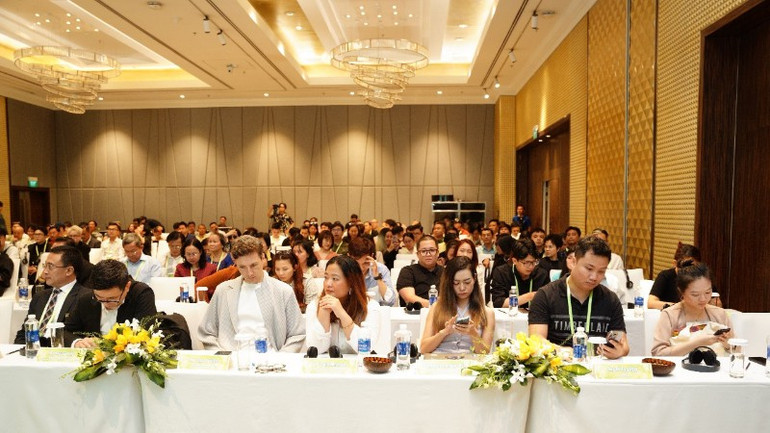
VCPMC also recorded many cases of copyright infringement and copyright disputes. Of these, only more than 30 cases were resolved through negotiation or court. These figures show the "hot" level of copyright issues in the context of the rapidly developing music market. This problem makes creative subjects still have to struggle to protect their legitimate rights.
Preliminary statistics from VCPMC show that the television and radio broadcasting sector in 2024 saw a 21% decrease in copyright revenue compared to the previous year, accounting for a small proportion (about 2%) of total revenue. This reflects the strong shift in music trends to the digital environment, but also makes traditional fee collection difficult. In contrast, revenue from digital platforms (YouTube, TikTok, Facebook, Spotify...) is a "golden land" with an impressive growth rate. Some musicians earn billions of dong each year from royalties from streaming music.
However, do these impressive numbers really reflect the true value of the work? When the payment platform is based on listening, playing and complex conversion rates, many artists still do not understand clearly how much percentage of revenue they actually receive. The problem of data transparency therefore becomes a challenge that the music industry needs to be transparent about soon.
On a broader level, music copyright is not only the right of each individual or group, but also a cultural and economic issue. Whether a country respects copyright or not reflects the level of civilization in cultural reception. Like literature, cinema or technology, music needs to be protected as real intellectual property. That is the way to encourage creativity and arouse the professional self-esteem of artists.
Towards a transparent and sustainable market
Vietnam has joined many international conventions on copyright, such as the Berne Convention, the WCT, WPPT, etc., contributing to laying the legal foundation for artists and management units to protect works on a global scale. However, the legal framework, although strict, still needs to go hand in hand with social awareness. Many people when listening to and spreading music still do not understand that they are violating copyright. The copyright story, therefore, in addition to the law, also lies in the cultural attitude of the community.
Meritorious Artist, musician Dinh Trung Can, General Director of VCPMC, in many national and international seminars and workshops, emphasized: The path to professionalization requires the entire ecosystem, from production companies, distribution platforms, advertisers, audiences and artists to share responsibility. When the public accepts to pay to listen to copyrighted music, businesses proactively ask for permission and pay for works, artists clearly understand their rights and obligations... then the music industry will truly become an industry in the true sense.
According to musician Dinh Trung Can, a civilized and sustainable music market must be based on a balance between creativity and profit, technology and professional ethics. If copyright is not protected, artists will lose their motivation to create. And when creativity is violated, the culture will suffer as a whole. Therefore, raising awareness of copyright in addition to legal responsibility is the way to preserve the dignity of artists.
In many countries around the world, music copyright has become the main source of revenue for the creative industry. In the US, streaming revenue in 2024 will reach more than 17 billion USD, accounting for 84% of total music revenue. Korea, Japan, and China all have automated and transparent copyright collection systems, helping to protect millions of artists. In Vietnam, it is estimated that tens of millions of people listen to music every day, with full potential for exploitation, but the efficiency is still not high.

Mr. Tran Hoang, Director of the Copyright Department (Ministry of Culture, Sports and Tourism) commented: "In the context of international integration, copyright and related rights not only protect the legitimate rights and interests of authors, performers, copyright and related rights owners, but are also an important driving force to promote comprehensive economic, cultural and social development."
The Director of the Copyright Office emphasized: "The context of international integration also poses strict requirements in the commitment to protect copyright and related rights to assess a country's integration capacity and national legal standards. Besides, there is also the issue of dealing with cross-border challenges with global copyright violations to protect the legitimate interests of domestic authors and creators against external infringements."
Without a strategy, copyright issues always have gaps.
The relationship between legal regulations and law enforcement is a close interaction. In which, legal regulations are the foundation and enforcement is the process of putting those regulations into life. Without legal regulations, there is nothing to enforce; if legal regulations are not enforced, they will become meaningless; if enforcement is not strict, the law will become ineffective and ineffective.
Vietnam has issued the Law on Intellectual Property and its implementing documents, which have been revised, supplemented, and improved to basically conform to international commitments and practical situations. However, copyright infringement still occurs in the music industry in particular and in the arts and culture industry in general, both in the live and online environments.
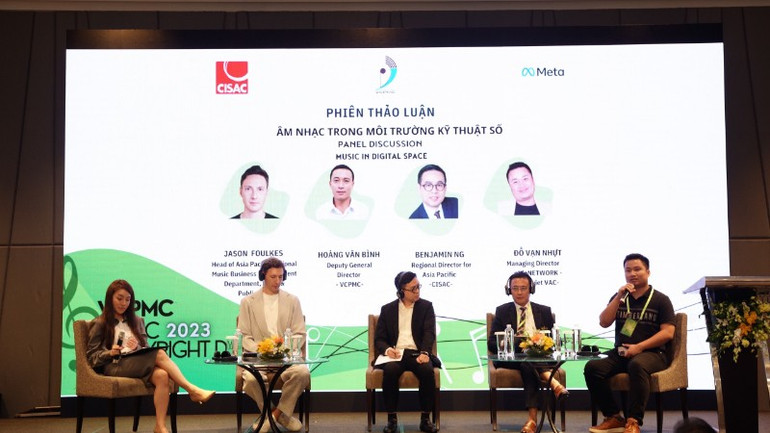
In conferences and seminars, experts have raised key groups of issues that pose challenges to the copyright enforcement process, including: Poor and incomplete public awareness and consciousness; organizational apparatus (people, technology) that does not meet the requirements of protection enforcement in the digital environment; and application of technology in copyright management that is still spontaneous and has not developed synchronously.
To effectively protect music copyright, it is necessary to have a strategy suitable for each stage, with focus and key points. In the current context, the implementation strategy needs to focus on the digital environment such as: Communicating to target groups in an appropriate and attractive way; improving the capacity of law enforcement forces, especially in the digital environment; building a long-term strategy, combining propaganda, education and technology application; increasing the application of technology in copyright management, handling copyright violations, especially in the digital environment. Only when copyright law is strictly enforced, will the law come into life and play a role in promoting creativity and socio-economic development.
Source: https://nhandan.vn/thi-truong-sang-tao-am-nhac-doi-dien-voi-bai-toan-ban-quyen-post915713.html





![[Photo] General Secretary To Lam attends the 18th Hanoi Party Congress, term 2025-2030](https://vphoto.vietnam.vn/thumb/1200x675/vietnam/resource/IMAGE/2025/10/16/1760581023342_cover-0367-jpg.webp)
![[Photo] Nhan Dan Newspaper launches “Fatherland in the Heart: The Concert Film”](https://vphoto.vietnam.vn/thumb/1200x675/vietnam/resource/IMAGE/2025/10/16/1760622132545_thiet-ke-chua-co-ten-36-png.webp)



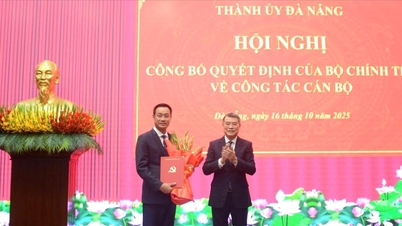












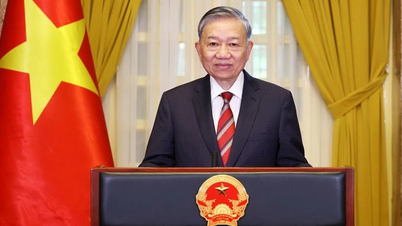


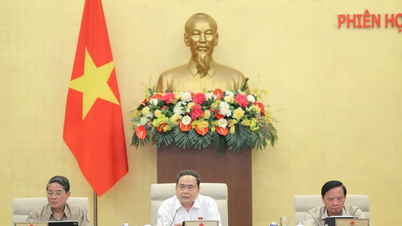
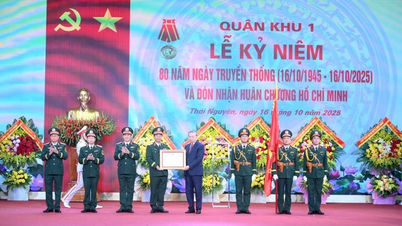
![[Video] The Congress of Delegates of the Ca Mau Provincial Party Committee held a preparatory session](https://vphoto.vietnam.vn/thumb/402x226/vietnam/resource/IMAGE/2025/10/16/1760619740133_ca-mau-jpg.webp)







![[Video] TripAdvisor honors many famous attractions of Ninh Binh](https://vphoto.vietnam.vn/thumb/402x226/vietnam/resource/IMAGE/2025/10/16/1760574721908_vinh-danh-ninh-binh-7368-jpg.webp)
























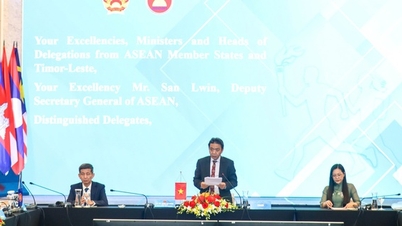

![[Photo] Nhan Dan Newspaper launches “Fatherland in the Heart: The Concert Film”](https://vphoto.vietnam.vn/thumb/402x226/vietnam/resource/IMAGE/2025/10/16/1760622132545_thiet-ke-chua-co-ten-36-png.webp)








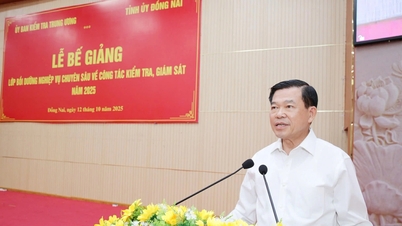



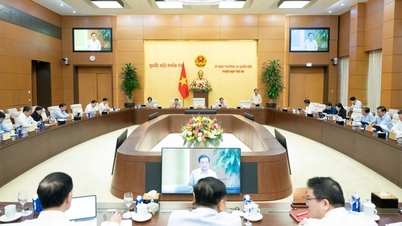

























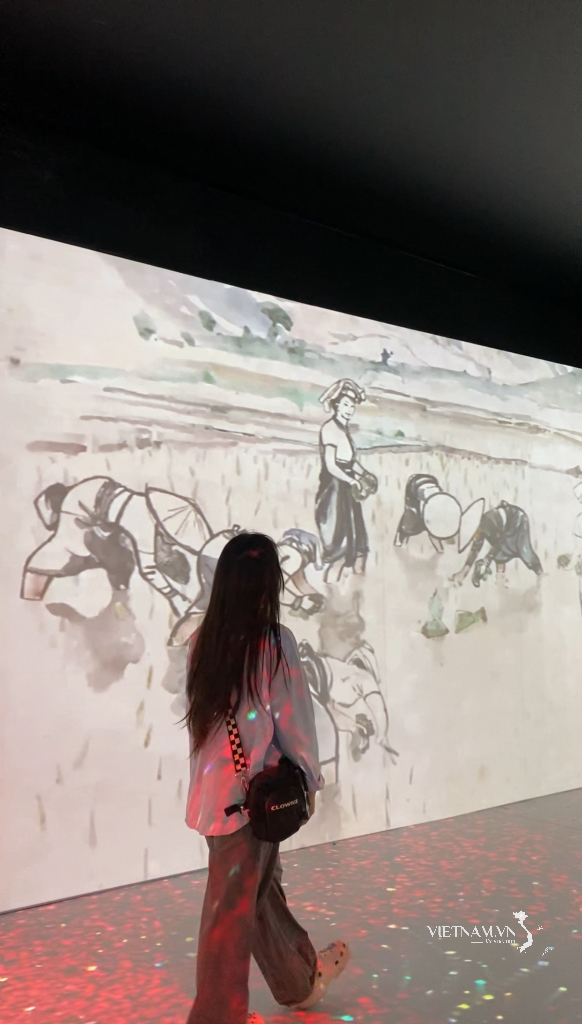
Comment (0)